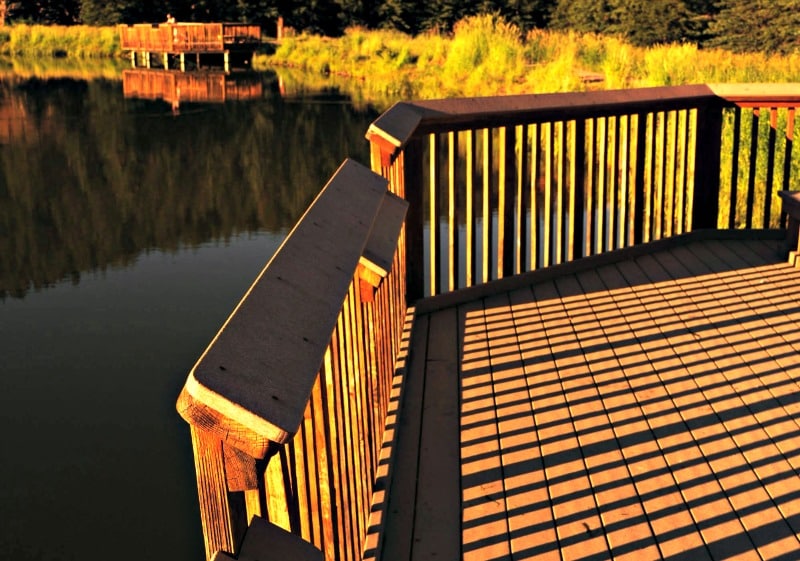Guide to choosing timber for your deck
The best timber for your deck depends on many individual factors. Here's a simple guide to help you figure out what you need to remember when choosing wood for your deck.

To make sure that your deck will last you for decades, picking the best timber is crucial. The wood that you used for your living room floor won’t cut it anymore. Since your deck is exposed to rain, sun, insects, and other outdoor elements, it’s more prone to rot.
The timber that is used for decking should be strong enough to structurally support anything that goes on top of it. It should also be able to resist damage from the elements as much as possible and manage to keep its beautiful appearance for years.
There’s really no single way to determine the best species or age of wood for every deck. The best timber for your deck depends on many individual factors. Here’s a simple guide to help you figure out what you need to remember when choosing wood for your deck.
Softwood vs hardwood
Picking out the species of wood that you’ll be using is one of the first things that you have to do. Basically, there are two main types: softwood and hardwood. Softwood comes from various types of evergreen trees, while hardwood comes from broadleaved trees.
For most homes, softwood is still the timber of choice. Pretreated softwood, such as pine, is much easier to work with, and it also costs much less than hardwood. On the other hand, hardwood species such as jarrah and blackbutt are priced because of their naturally beautiful colours, their ability to handle heavy use, and their innate decay-resistant properties. If you want a classy deck with outstanding appeal, you’re better off investing in hardwood.
Whatever type you choose, ensure that the timber you’re getting is properly prepped first. If you decide on using softwood, make sure that the wood is treated with a wood preservative approved under Australian regulations. As for hardwood, get ones that are properly seasoned or dried.
Consider climate conditions
Different types of timber have their own unique properties, so be sure to choose one that best suits the location of your home. Get fire-resistant hardwood like spotted gum if your place is prone to bushfires. Go for high-grade softwood for maximum insect protection. In general, the terms to remember are the hazard rating (H1 to H6), F or hardness ratings, which indicate the wood’s strength, and natural durability rating, which shows how long it can resist rot.
Sustainability
Some homeowners opt to buy cheap imported wood to lessen the costs of their decking, but this is not an environmentally responsible choice. Not only does imported timber cost extra burned fuel to be transported, but some of them are also illegally logged. It’s best to stick to Australian timber gathered from sustainable resources.
Choosing the best timber for your deck can be confusing even after doing your own research. If you’re still unsure about your choice, it’s best to consult a decking specialist. Apart from installing your deck, these experts can also give you great advice on all your decking needs, and they have years of experience to back it up.